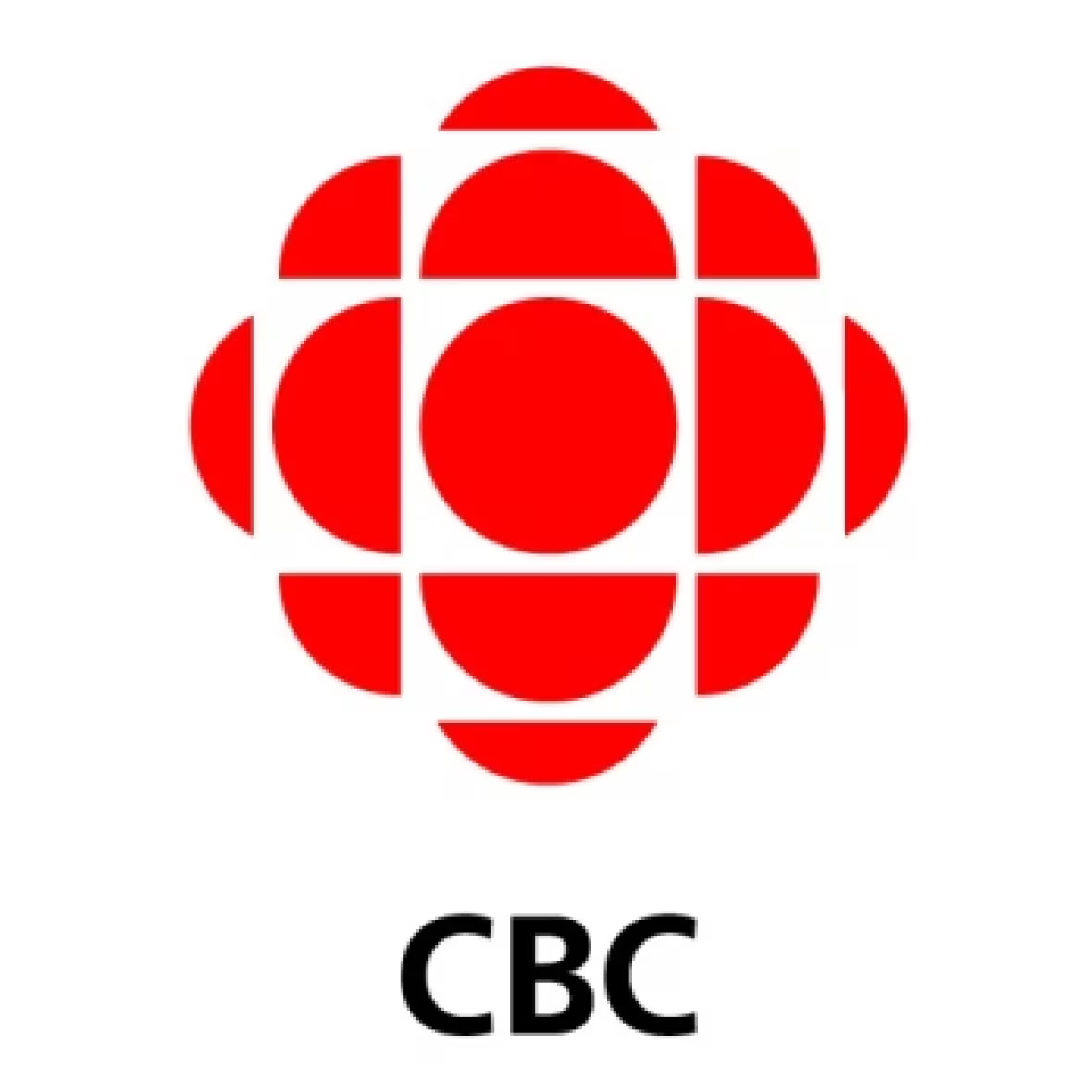International committee inspects South Slave's Arctic Winter Games progress
The games will be held in Hay River and Fort Smith in 2018

The international committee of the Arctic Winter Games wrapped up its visit to the South Slave this week.
The games are a year away, and the consensus is that things are looking good. But there is still much to be sorted out before things kick off on March 18, 2018.
"There's a lot of details that have to be thought of," says Arctic Winter Games international committee president Jens Brinch.
"When people are coming in, how many sleeping bags, which beds."
Overall, however, Brinch says he is pleased with progress.
Particularly impressive, he says, is the "amazing" new arena in Hay River, a $21 million project still underway.
He says he hopes the arena will be completed on schedule, with enough time for the public to use it, and for any kinks to be worked out.
The building is set to be completed in December.
Small communities, big challenges
The setting for the games presents its own unique challenges. Being held between Fort Smith and Hay River means reliable transportation will be critical.
With populations of about 2,500 and 3,600 people, respectively, the two towns will also be hard pressed to come up with enough volunteers to run the games smoothly.
"We don't have an overabundance of volunteers. We're going to be maxed, we know that," says Greg Rowe, president of the host society for the upcoming games.
"Some of the unique things we're doing there is asking families to invite their family up to come up and be part of the games; asking previous residents to come back."
Brinch agrees that volunteers will be a point of friction come 2018.
"We need maybe 100 per cent of the citizens here to be volunteers, because there's lots to be done, and there's not so many people to pick between."
The 2018 games are being looked at especially closely by the international committee. Brinch says it wants to test the concept of "satellite games" — hosting the games between multiple small communities — rather than always depending on large centres like Whitehorse and Yellowknife.

